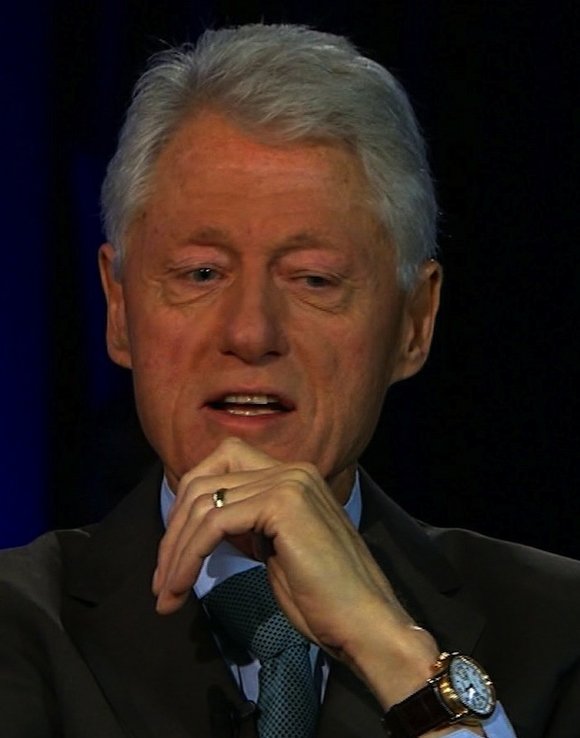Bill Clinton still gets it wrong on Monica Lewinsky and #MeToo
CNN/Stylemagazine.com Newswire | 6/4/2018, 11:22 a.m.
Analysis by Chris Cillizza, CNN Editor-at-large
(CNN) -- Bill Clinton -- 20 years on from an affair with a White House intern that led to his impeachment by the House -- said Monday that he didn't owe Monica Lewinsky an apology.
"No, I do not," the former president responded to a question from NBC's Craig Melvin about whether he believed he should personally apologize to Lewinsky. "I have never talked to her. But I did say publicly on more than one occasion that I was sorry. That's very different. The apology was public."
Which is a remarkable -- and remarkably bad -- quote.
Clinton is right that he offered a broad public apology for his affair with Lewinsky -- at the 1998 National Prayer Breakfast. Here's the key part of that speech:
"I don't think there's a fancy way to say that I have sinned. It is important to me that everyone who has been hurt know that the sorrow I feel is genuine -- first and most important, my family, my friends, my staff, my Cabinet, Monica Lewinsky and her family, and the American people. I have asked all for their forgiveness."
Which is an apology. No question.
But apologizing in a public setting -- with the obvious dual intent of clearing the decks politically -- isn't the same thing as reaching out to Lewinsky personally to say sorry.
Why should he, some people have asked. It takes two to tango. (Someone on my Twitter feed used that exact phrase.) If Lewinsky didn't want to get involved with the president, she didn't have to.
That thinking represents a wrong-headed view that has been exposed by the #MeToo movement: That the massive power gap between the President of the United States and a 20-something-year-old White House intern is so massive as to make the idea of "it takes two to tango" laughable.
Lewinsky herself wrote about that in a piece earlier this year for Vanity Fair:
Just four years ago, in an essay for this magazine, I wrote the following: "Sure, my boss took advantage of me, but I will always remain firm on this point: it was a consensual relationship. Any 'abuse' came in the aftermath, when I was made a scapegoat in order to protect his powerful position." I now see how problematic it was that the two of us even got to a place where there was a question of consent. Instead, the road that led there was littered with inappropriate abuse of authority, station, and privilege. (Full stop.)
Now, at 44, I'm beginning (just beginning) to consider the implications of the power differentials that were so vast between a president and a White House intern. I'm beginning to entertain the notion that in such a circumstance the idea of consent might well be rendered moot. (Although power imbalances—and the ability to abuse them—do exist even when the sex has been consensual.)
Clinton doesn't seem to grasp that point. In fact, he seems much more interested in how he was, ultimately, validated by the public than in talking about whether or not he should have apologized to Lewinsky.
"This was litigated 20 years ago," Clinton told Melvin. "Two-thirds of the American people sided with me."
So: Because the public felt that Clinton didn't deserve to be impeached for his actions with Lewinsky (and his lies about those actions) he doesn't feel the need to call her and apologize? Huh?
This is not a polling issue. This is a right and wrong issue. There is NO question that Lewinsky's entire life -- or at least the last 20-ish years of it -- has been negatively effected by a relationship she had with a man when she was in her early 20s. And that, given the power dynamic differential between the two, the burden to try to make some amends for that fact falls to Clinton.
Has Lewinsky asked for a personal apology from Clinton? Not that I can find. Does she want one? Again, she's never voiced that sentiment publicly.
But that is sort of beside the point. Clinton could -- and should -- make the call, whether or not he reaches Lewinsky. It's the right thing to do -- no matter what the public, or polling -- says about his impeachment two decades ago.










